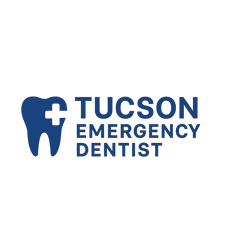Relief Starts Now! Tucson Emergency Dental Care Without the Wait
Providing urgent dental services evenings and weekends.
Immediate help for broken or damaged teeth.
Expert tooth extraction available during emergencies.
Compassionate care for your urgent dental needs.






Your Trusted Tucson Emergency Dentist
We provide urgent dental care during evenings and weekends for emergencies like broken teeth and extractions. Your comfort and health are our top priorities.


Highly recommend this emergency dentist!
Sarah
"
Emergency Dental Services
We provide urgent dental care for emergencies during evenings and weekends to meet your needs.
Immediate Tooth Repair


Quick solutions for broken teeth, ensuring your smile is restored without delay or pain.




Weekend Dental Care
Available on weekends for urgent dental treatments, ensuring you receive timely care when needed.
Expert Tooth Extractions
Safe and efficient tooth removal services to relieve your discomfort and restore your health.
I had a broken tooth and they treated me promptly on a weekend. Excellent service and very caring staff. Highly recommend Tucson Emergency Dentist!
John D.

★★★★★
Care
Emergency dental services available evenings and weekends.
© 2025. All rights reserved.
